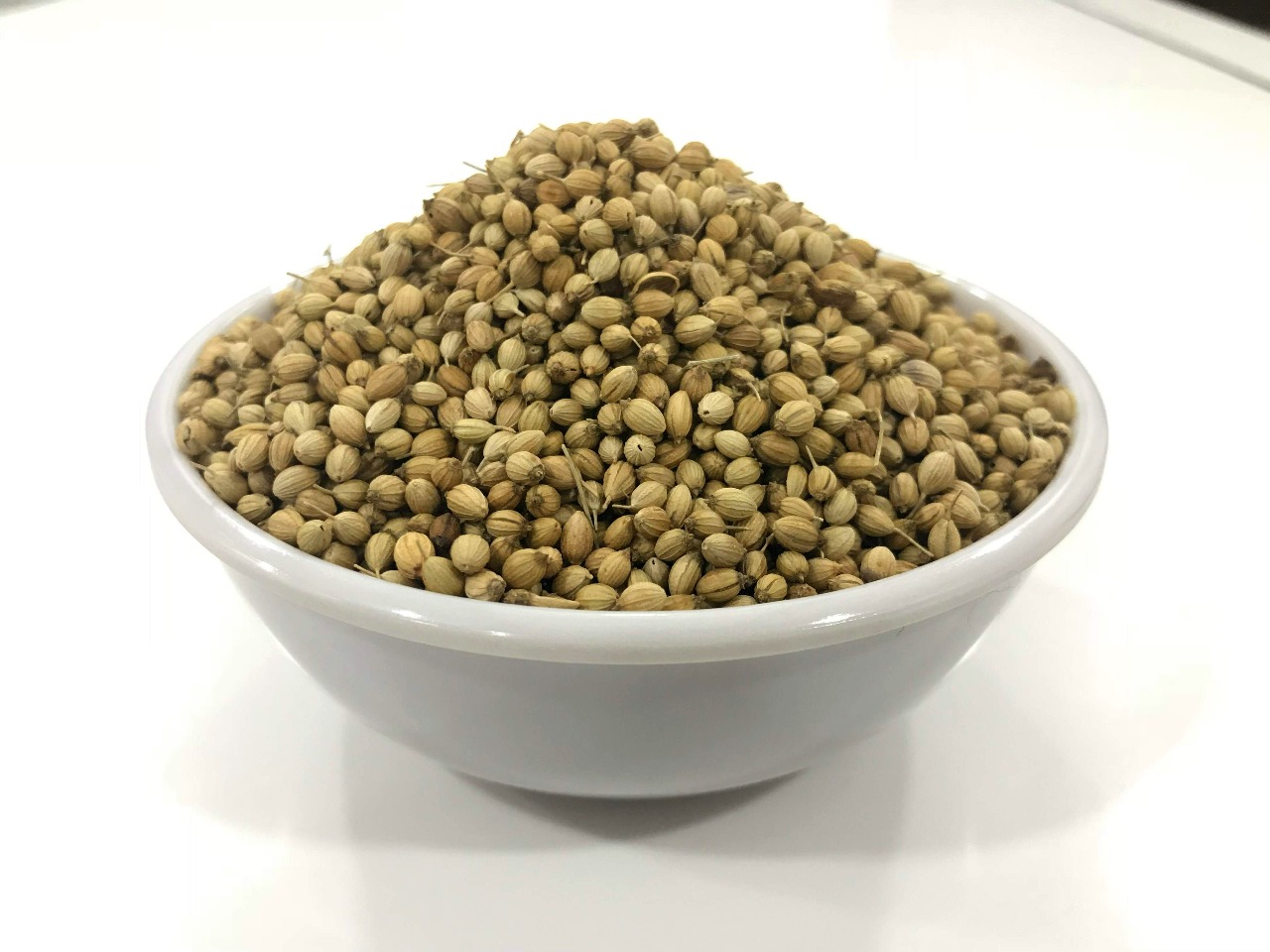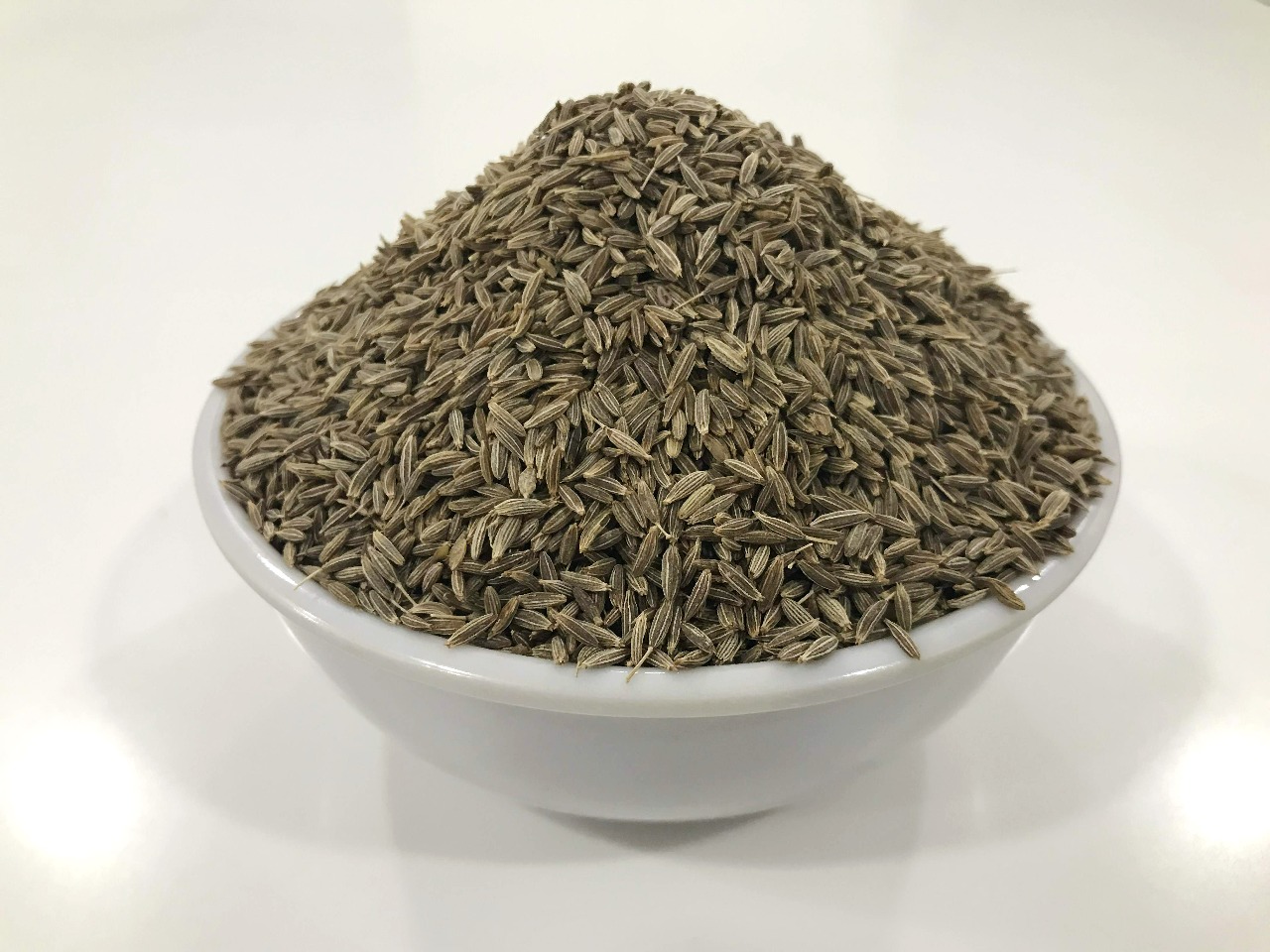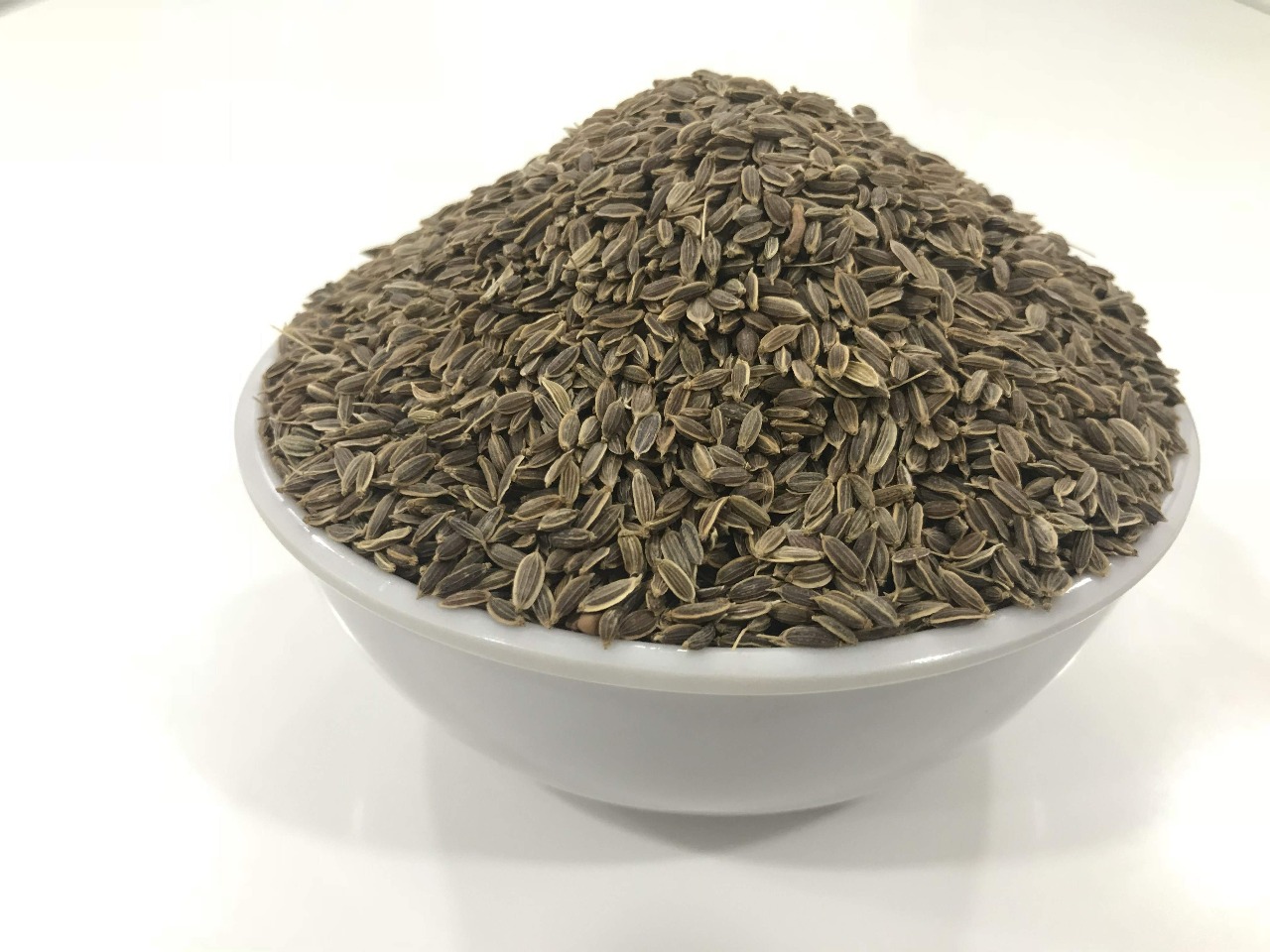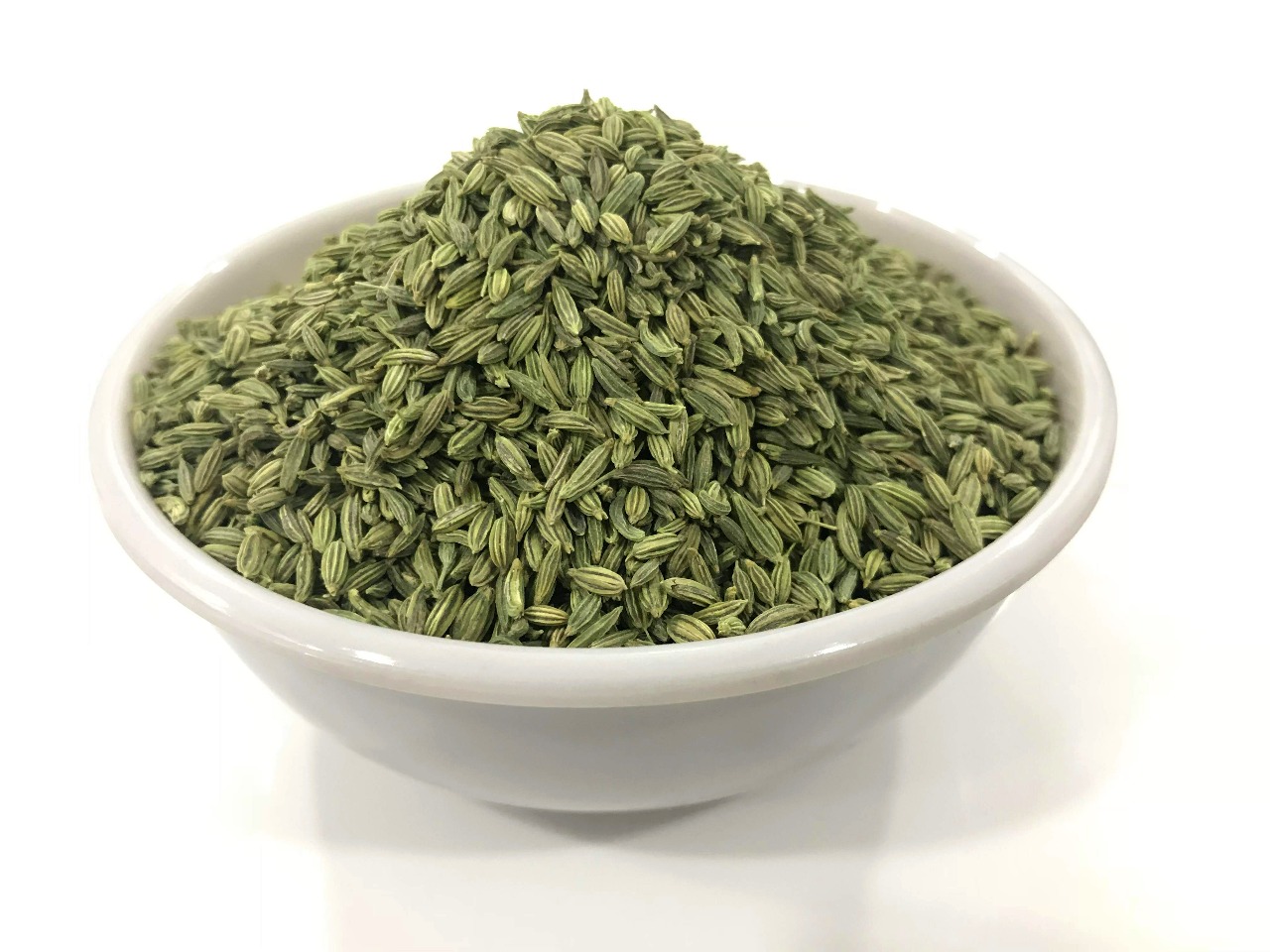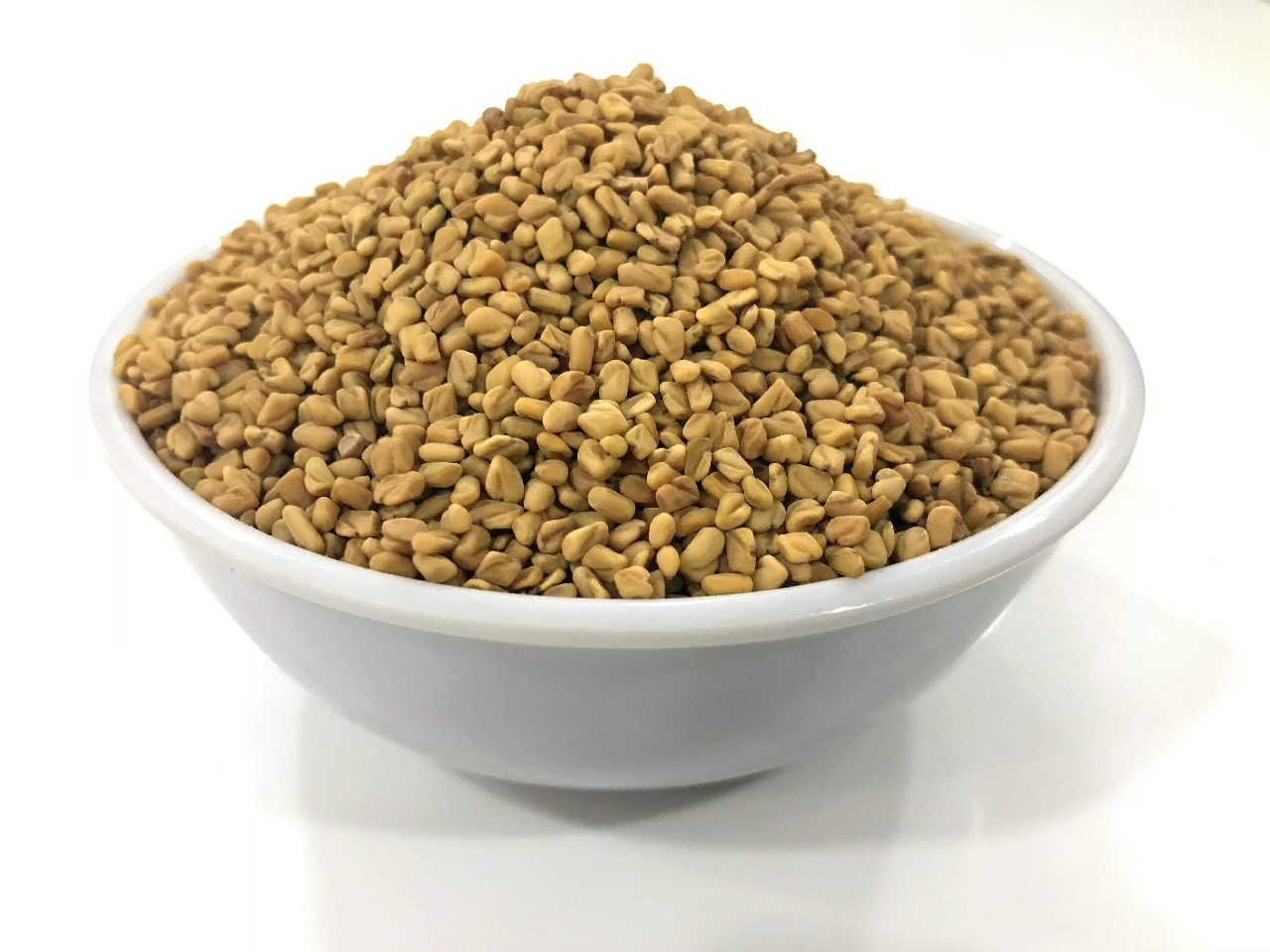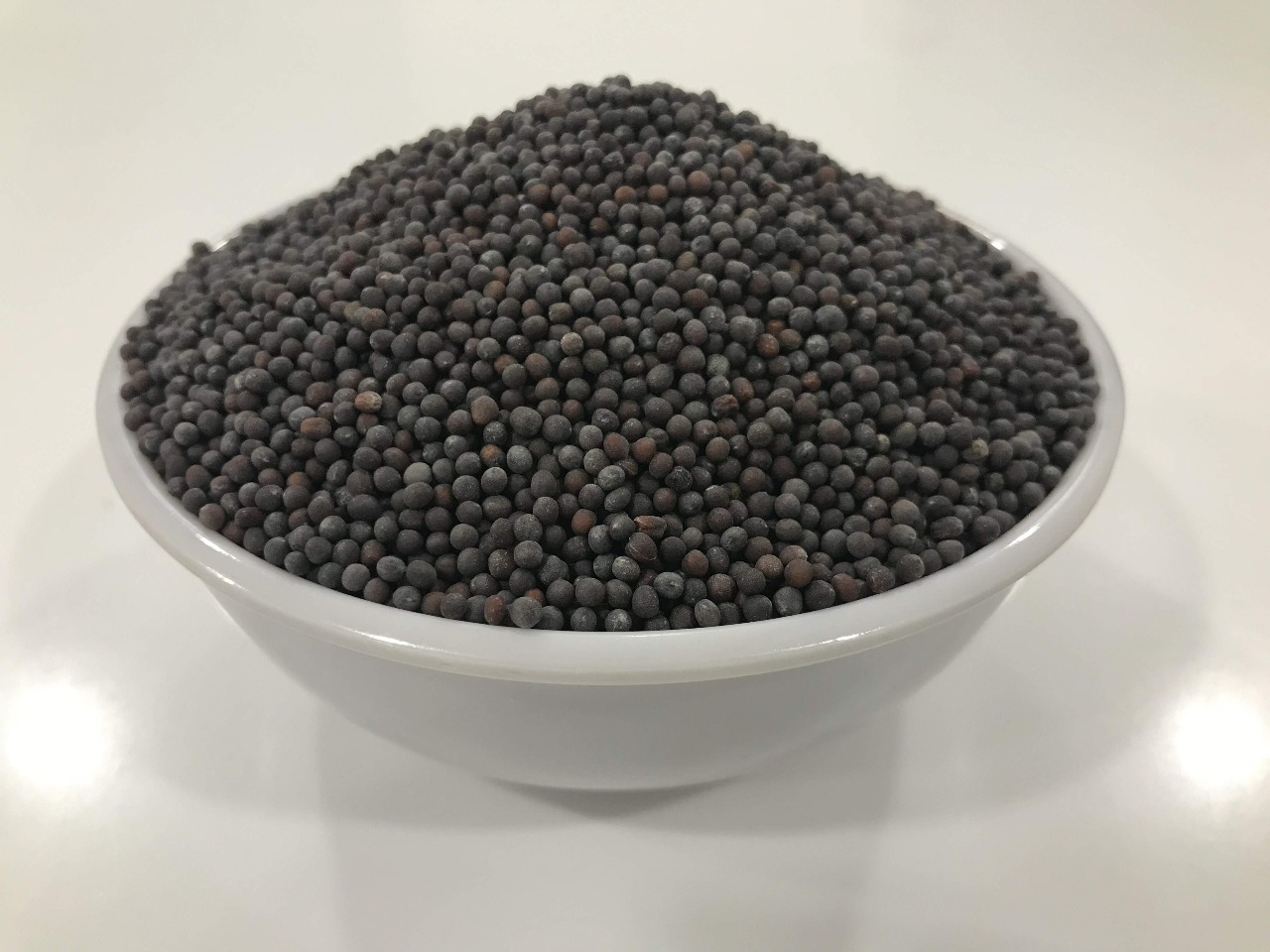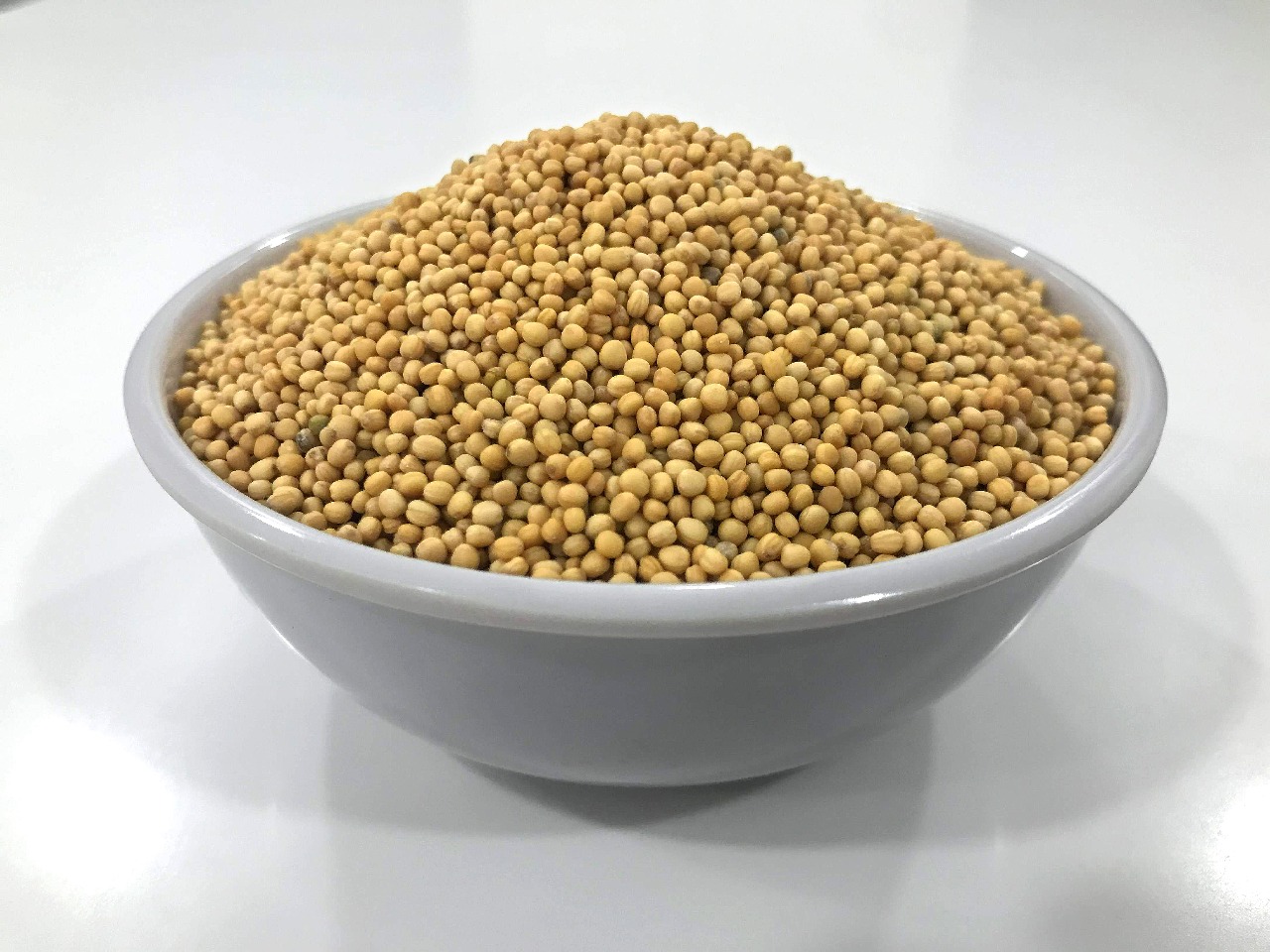
History of Basil
BOTANICAL NAME : OCIMUM BASILICUM
ENGLISH NAME : Basil
Basil first originated in Asia and Africa. It was brought to Greece by the legendary warrior Alexander the Great, in around 350 BC. In 1500, it came to England, via India and finally came to USA during the 1600s. Basil held a deep significance for people during those times. It was believed to be a symbol of both love & hatred, life & death, and danger & protection. In India, it is termed as the holy basil, and its cultivation in India started 3000 years back in the courtyards or temples. In Egypt, the basil was used to embalm the mummies while in Greece, because of its embalming effects, it was used as a symbol of mourning. It was known there as 'basilikon phuton', meaning magnificent, royal or kingly herb.
Health Benefits of Basil
Basils come with loads of health benefits and have always been referred by the doctors of the ancient times. Some of the major benefits of basils are
Coriander is a rich source of many essential vitamins like folic acid, vitamin C, vitamin A and beta carotene.
- Basils are a rich source of key nutrients like Vitamin A, Vitamin C, calcium and phosphorus. The presence of Vitamin A helps is strengthening eyesight
- Basils also contain antioxidants like beta carotene that help in preventing cell damage
- 'Tulsi', or the holy basil, is famous throughout the globe for its healing and other medicinal properties. Its leaves are helpful in sharpening memory and in curing fever and common cold
- They also act as an anti stress agent and also help in purifying blood. This, in turn, helps in reducing the risk of heart attacks and also lowers the cholesterol level
- The leaves of the basil are also effective in reducing mouth ulcer and other infections of the mouth
- People suffering from arthritis can benefit a lot, when taken with food, as the basil is also equipped with anti-inflammatory properties.
Packing
As Per Buyer Requirements

